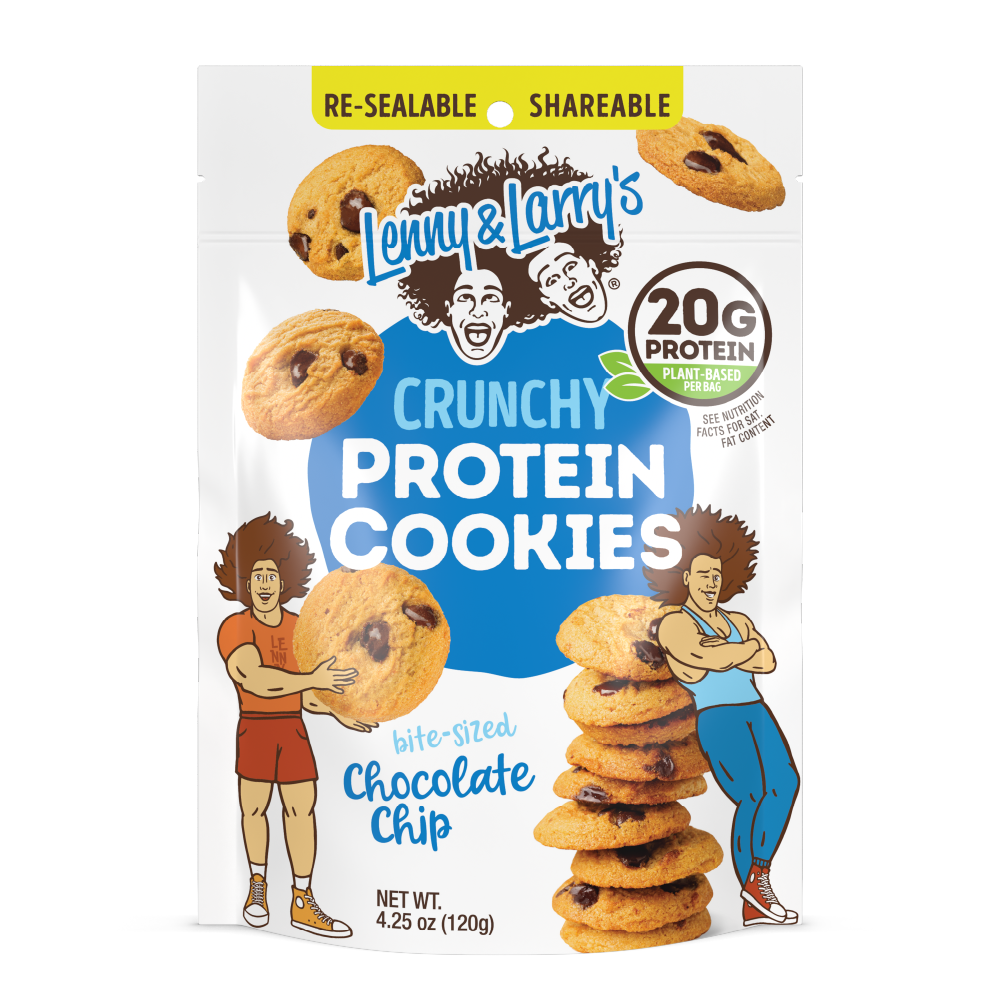One of the biggest misconceptions in nutritional health is that meat is the only way to get quality, high-impact protein. And while this popular misconception isn't necessarily harmful on its own, it's a tell-tale sign that the work of companies to better communicate the benefits of plant-based proteins is never-ending. People from all walks of life are choosing to consume more plant-based protein products for a multitude of reasons as an increased amount of knowledge regarding the advantages becomes more prevalent in our society.
Note: before making any nutritional or dietary changes, we recommend you talk to a qualified healthcare expert.
What Are Plant-based Proteins?
Plant-based proteins are proteins that aren't derived from animal-based sources. Protein sources like milk, beef, and chicken are direct products and by-products of animals.
These proteins come in a variety of forms and functional amounts. From nuts and legumes to certain types of algae, you may be shocked at just how many "secret" sources of protein are actually available to you. More popular sources, like almonds and tofu, pack a powerful protein punch that can help to ultimately replace animal and dairy proteins altogether. Lesser-known plant proteins, like spirulina, contain extraordinarily high amounts of protein per serving.
Deciding Which Protein is Right for You
When choosing your preferred protein sources, there's a lot to consider. When considering natural sources, a person living in a 'food desert' may have a harder time locating quality produce as easily as someone in a more resource-rich town or city.
There are compelling arguments for both sides, some based on convenience and some based on availability. If you're in a position to take advantage of plant proteins, their benefits are enormous and should factor into your consideration when making your food choices.
Top 3 Reasons for Choosing Plant-based Proteins
During a survey from Mintel.com, it was discovered that people who consume plant-based proteins do so for a variety of reasons. The biggest reason, accounting for a whopping 52%, was the taste.
Obviously, taste is important — the things we eat should be delicious in order for us to want to keep eating them! But in this case, taste was, by and large, the biggest driving factor.
In fact, people selected plant proteins based on taste by such a large margin that it beat out concerns over diet, animal protection, the environment, and even health.
And while this is a delightful realization, there are so many other benefits of plant-based proteins that we don't want you to miss out on!
Health Impact
Protein from plants isn't just good for helping muscle recovery, it’s actually great for your immune system, too. The University of Texas's MD Anderson Cancer Center says that the phytochemicals and antioxidants in plants can help keep your body's cells healthy while also aiding the reduction of inflammation.
The amount of fiber in plants is also incredibly high which can help to aid in digestion while allowing for better overall natural absorption.
Ease of Access
Speaking of benefits, a big win for plant-based proteins over their animal or dairy counterparts is just how easy it is to consume. While most meats need to be cooked both for safety and taste, plant-based products like almonds and broccoli can be consumed raw.
These foods are also rich in protein, fiber, and BCAAs like valine and leucine. There are also cookies that combine lots of delicious plant proteins for on-the-go munching, many that are keto-friendly!
Allergens
Many plant-based protein sources are free of allergens which can be especially important to people with intolerances. Hemp, which also contains a plethora of vitamins and minerals, is easy to digest and allergen-free.
Quinoa, the base of many plant-based dishes, is considered by many to be a plant 'superfood'. With its versatile cooking potential, lack of allergens, and high-nutritional factors, it's earned a spot as one of the most recommended plant-based proteins around.
Chia seeds, which are rich in amino acids, are an excellent alternative for people who may have problems eating normal grains.
Another allergen-free plant-based protein that many people aren't familiar with is spirulina. Spirulina is a blue or green algae that, in just one tablespoon, contains 4 grams of protein!
Regarding gluten, fresh and frozen vegetables are naturally free of gluten. However, if consuming processed vegetables, be sure to check the label.
Bonus Reason 1: Environmental Impact
A 2019 report from The Lancet summarized that a dietary change focusing more on plant-based proteins could reduce both mortality and greenhouse gases caused by food production by 10% to 70% by 2050.
Bonus Reason 2: Animal Protection
It goes without saying, there are many people who don't enjoy animal-based proteins or the perceived harm that ingesting them causes. Eating a primarily plant-based protein diet reduces the need to harvest as many animals.
Can You Benefit From Plant-based Proteins?
As you can see, there's a lot to like about plant-based proteins. As part of a healthy and balanced diet, plant proteins have the power to help build muscle and keep your body satiated, especially if you're trying to lower or avoid other forms of protein. This is a big win for all of the macro counters of the world and doubly beneficial when you consider plant-based meals can fill you up even when lowering total consumption. With this knowledge at the ready, choosing a great source of protein has never been easier!
 Lenny and Larrys
Lenny and Larrys
